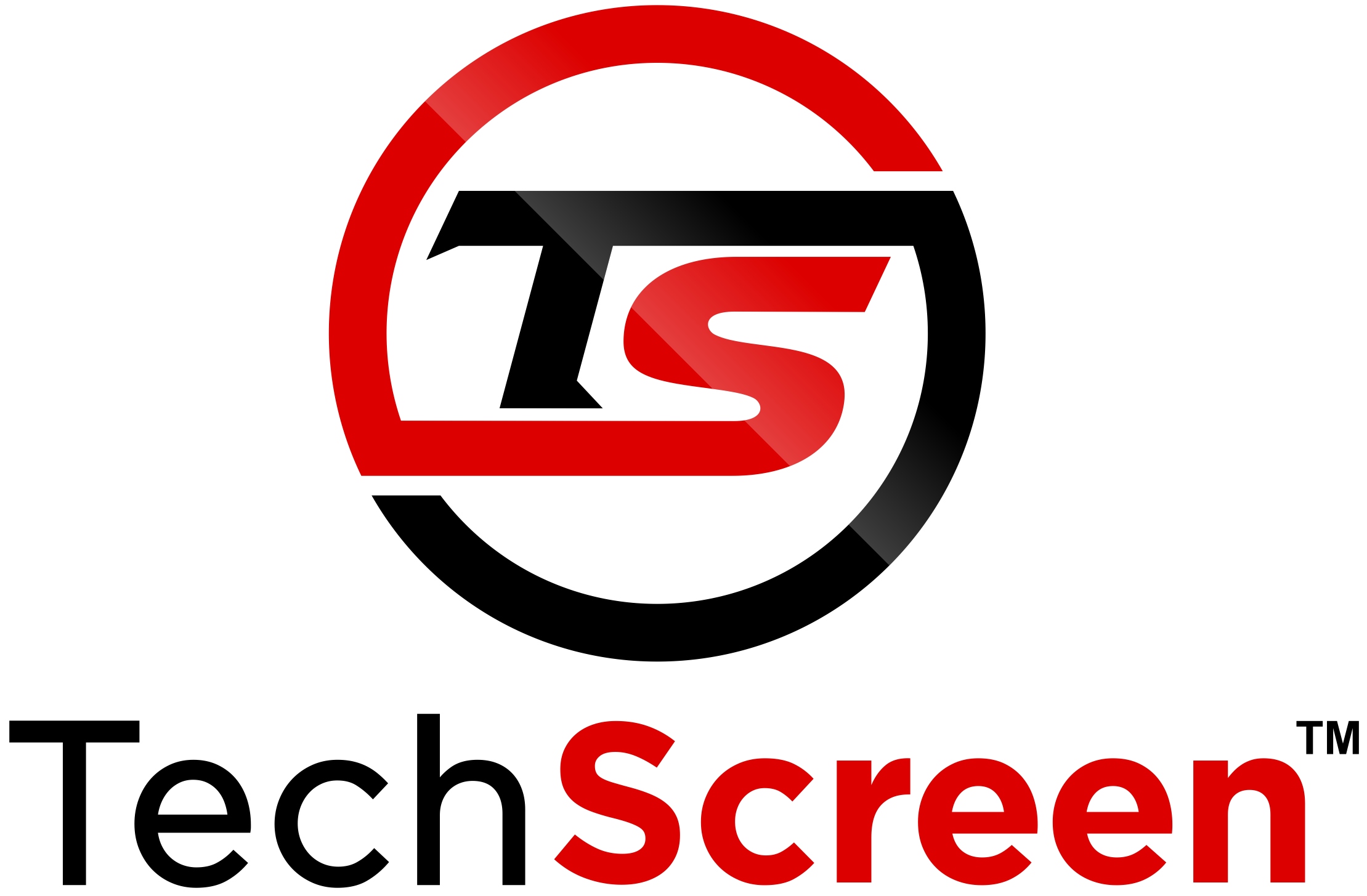Staffing firms play a critical role in connecting skilled IT candidates with job opportunities, often facilitating technical interviews to assess their qualifications and fit for specific roles.
However, ensuring fairness and equity in the technical interview process is crucial to promote diversity and prevent bias. In this post, we explore various strategies that IT staffing firms employ to keep bias out of technical interviews, ultimately fostering a more inclusive hiring environment.
What Is Bias?
Before we get into ways to prevent interview bias, we need to understand what it means.
Bias refers to a systematic and often unfair inclination or prejudice in favor of or against a particular person, group, thing, or idea. It manifests in various ways and impacts decision-making, perceptions, and actions. Bias is conscious or unconscious, and it is based on factors such as race, gender, religion, ethnicity, socioeconomic status, or any other characteristic that distinguishes one group from another.
There are several types of bias, including:
- Confirmation Bias: This is the tendency to seek out, interpret, or remember information that confirms one’s preexisting beliefs or values while ignoring or discounting information that contradicts them.
- Implicit Bias: Implicit bias refers to unconscious attitudes or stereotypes that influence our actions and decisions, even when we are not aware of them. These biases affect how we perceive and interact with people from different backgrounds.
- Selection Bias: This occurs when the data used in research or analysis is not representative of the entire population, leading to skewed or inaccurate results.
- Cultural Bias: Cultural bias arises when cultural norms, values, or perspectives influence assessments or judgments, potentially leading to unfair treatment or misunderstandings of people from different cultures.
- Gender Bias: Gender bias involves treating individuals differently based on their gender, which results in unequal opportunities, pay disparities, or other forms of discrimination.
- Racial Bias: Racial bias is the unfair treatment or judgment of individuals based on their racial or ethnic background, leading to racial discrimination and disparities in various aspects of life.
Bias has significant social, economic, and ethical implications. Addressing bias requires awareness, education, and efforts to promote fairness, equality, and inclusivity in various contexts, including workplaces, education, and public policy. Recognizing and mitigating bias is an ongoing challenge in society, and it often requires active measures to promote diversity, equity, and justice.
Keeping Bias Out Of Technical Interviews
Keeping bias out of technical interviews is crucial for ensuring a fair and effective hiring process. Here are several tools and techniques to maintain objectivity:
1. Structured Interviews
Standardize the interview process for all candidates. Prepare a set of questions and topics in advance and ensure that every interviewer asks these questions in the same order. This consistency helps in making fair comparisons between different candidates.
2. Skills-Based Assessments
Focus on practical, job-related skills. Use coding tests, technical problem-solving exercises, and project simulations to evaluate candidates’ abilities. This approach prioritizes competence and skill over subjective factors.
3. Blind Resume Reviews
Remove identifying information from resumes and applications, such as names, ages, gender, educational institutions, and even addresses. This helps in reducing unconscious biases related to a candidate’s background.
4. Diverse Interview Panels
Include interviewers from various backgrounds and departments in the interview process. A diverse panel provides different perspectives and is less likely to be collectively biased.
5. Training for Interviewers
Provide training for interviewers on recognizing and overcoming unconscious biases. Educating your team about diversity, inclusion, and the impact of bias in hiring decisions is crucial.
6. TechScreen for Staffing – Powered by AI Verify
Our Technical Knowledge Accelerator platform merges our proven technical interview tool with our TechScreen Certified Recruiter program. Consequently, this tool quite literally takes the guesswork out of the interview process. Additionally, each recruiter is provided with a list of questions to ask IT candidates that showcase their knowledge on related topics to their field or lack thereof.
The platform provides the information that a good response from the candidate should contain. All of this is done with an information-on-demand approach to avoid interrupting the recruiter’s flow.
Our latest version comes with Artificial Intelligence, AI Verify, which evaluates the candidates’ responses from the call and provides a detailed summary and score of the candidate. TechScreen also helps recruiters cultivate “Conversational Competence”, a Pavlovian ability to ask technical qualification questions drawn for their own internal technical insight through our Technical Content Library. TechScreen qualifies a candidate based on the technical answers given during the interview process and with AI Verify, the chance for bias is completely taken away.
7. Data-Driven Decision Making
Use data analytics to review your hiring trends and outcomes. Look for patterns that might indicate bias, such as a lack of diversity in hired candidates, and adjust your processes accordingly.
By implementing these techniques, organizations create a more equitable and efficient hiring process that focuses on candidates’ true technical abilities and potential.
AI and IT Staffing
Artificial Intelligence (AI) and software tools significantly contribute to creating a bias-free hiring process in several ways:
1. Blind Recruitment
AI-driven tools anonymize resumes by removing details like names, ages, gender, ethnicity, and educational institutions. This ensures that the initial screening is based solely on the candidate’s skills, experience, and qualifications.
2. Standardized Job Descriptions
AI helps create job descriptions that are free of gender-biased language. Certain words or phrases unintentionally appeal more to one gender than another. AI tools identify and suggest neutral alternatives.
3. Skilled-Based Assessments
AI designs and administers skills-based tests that evaluate candidates objectively. These assessments focus on the candidate’s ability to perform job-related tasks rather than their background or personal characteristics.
By leveraging these tools, organizations make significant strides toward a more equitable and bias-free hiring process.
Staffing firms have a crucial role to play in promoting diversity and inclusion in the tech industry. By implementing these strategies, you ensure that technical interviews are fair, unbiased, and focused on a candidate’s skills and qualifications rather than their personal characteristics. In doing so, you not only benefit the candidates but also contribute to building more diverse and innovative tech teams.
Are you interested in learning more about how TechScreen assists you in streamlining your hiring process, helping fill hiring gaps and eliminating bias with properly screened, quality IT candidates? Contact us today!
About TechScreen
TechScreen was created based on the idea there was a problem with properly vetting technical candidates. TechScreen, powered by AI Verify, is the world’s only SaaS product that lets a recruiter or hiring team conduct a detailed interview of an IT candidate without truly knowing the underlying content. Each candidate is also evaluated and scored by our artificial intelligence while also providing a detailed write-up to share with your client to prove the quality of your technical screening. Learn more about what we do and visit us today at https://techscreen.com/ or contact us at https://techscreen.com/contact-us/.


